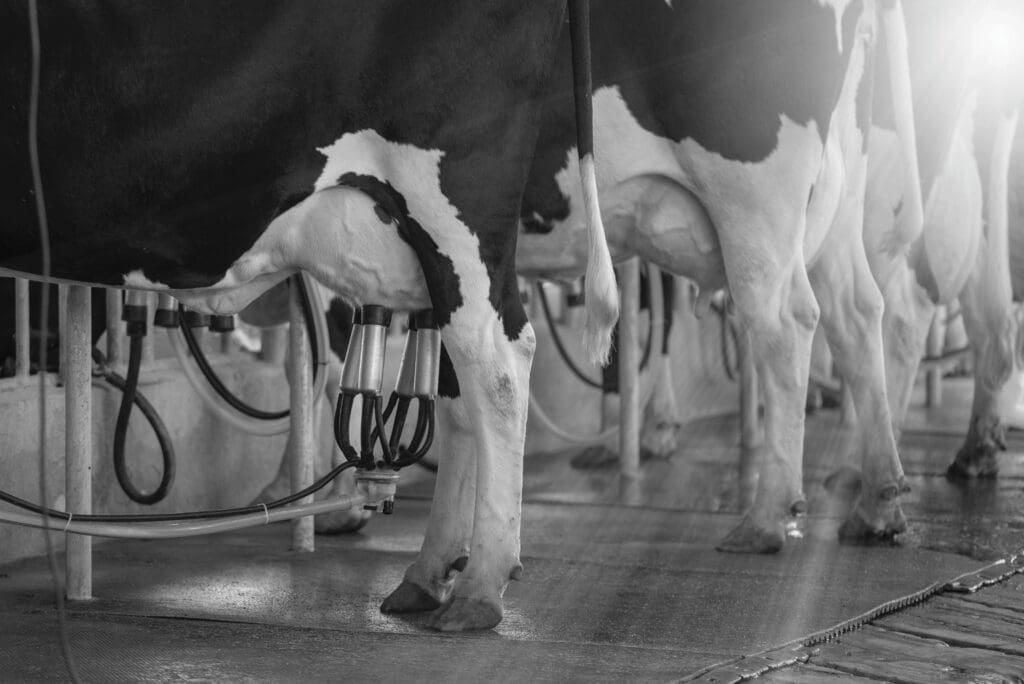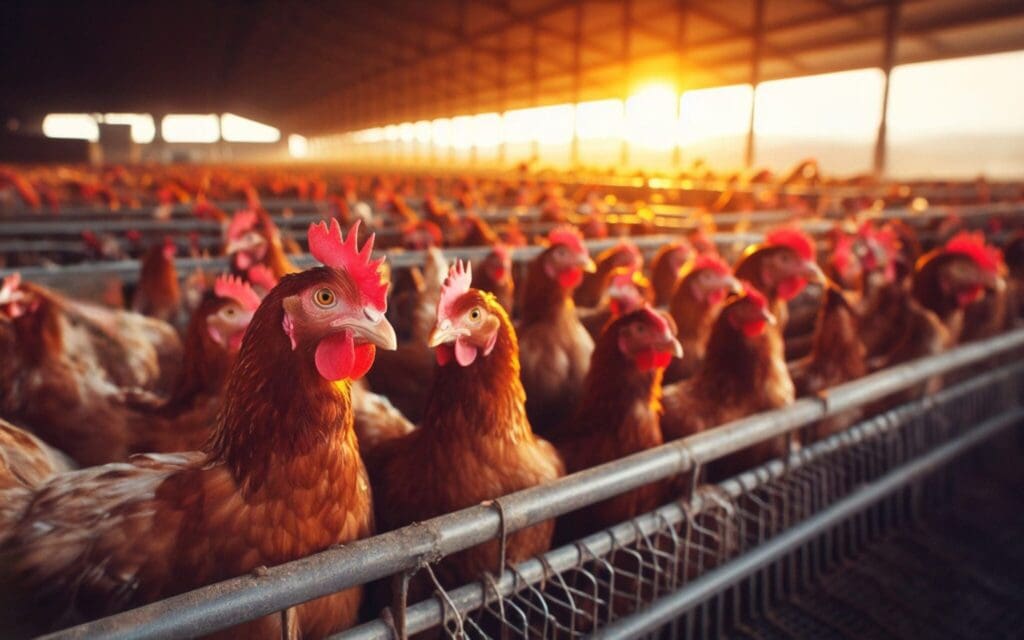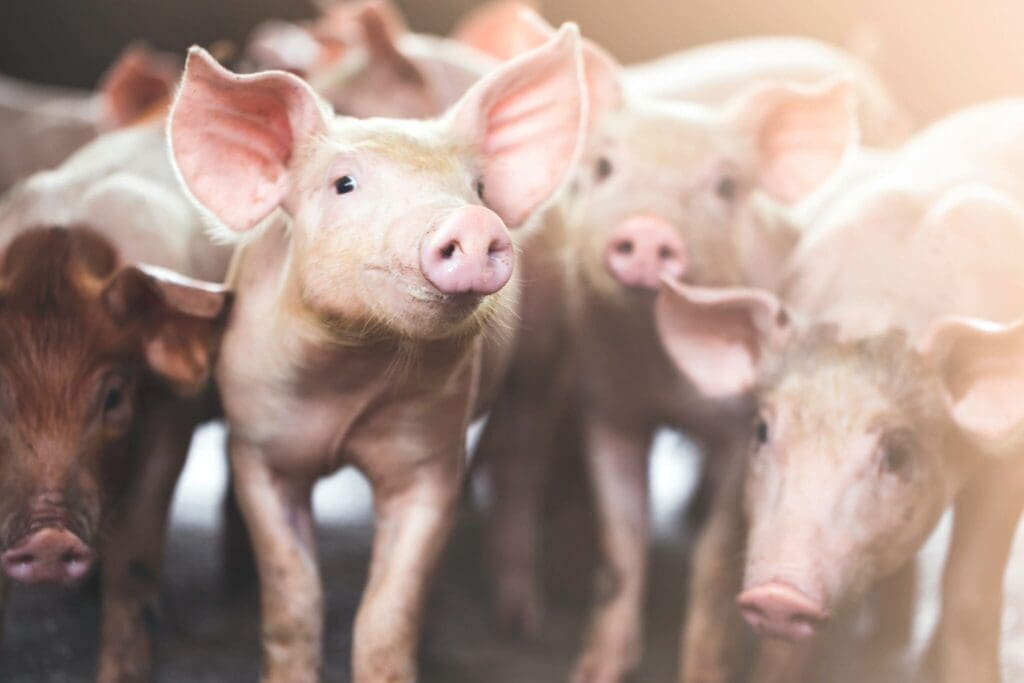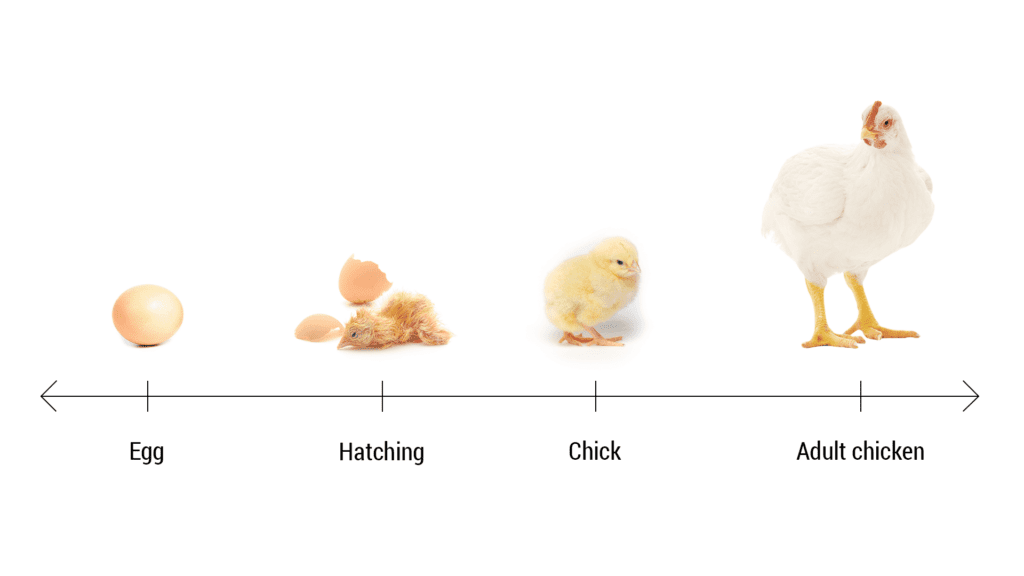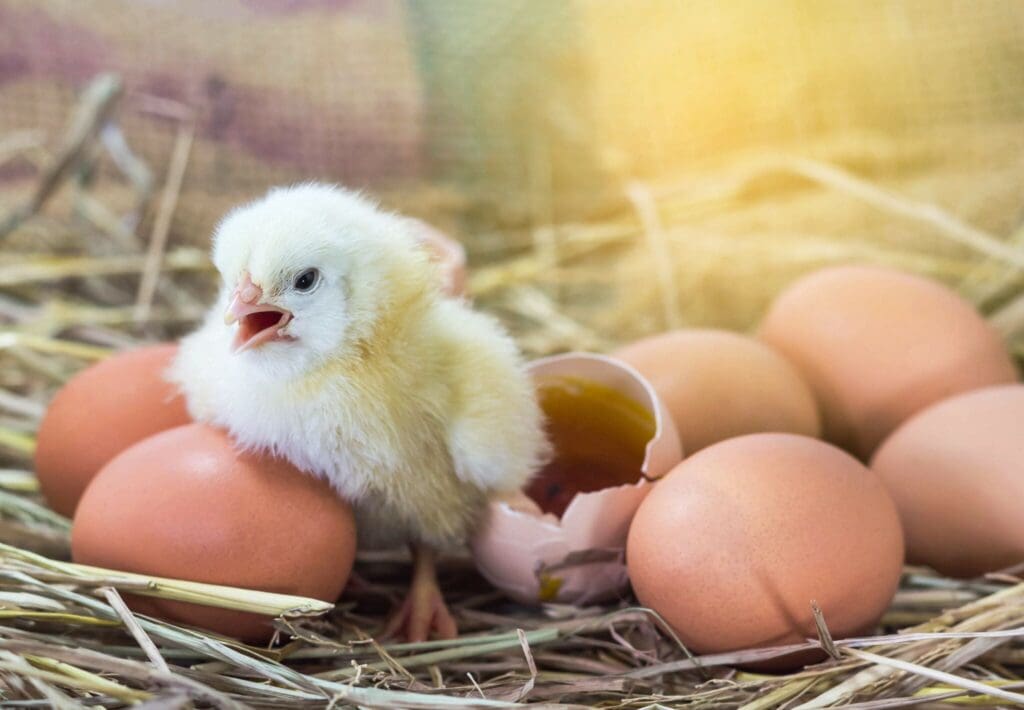Chromium. The nutrient of the 90s. The next big thing. What else has been said about chromium before? Why is it then that we are only now starting to really look at the use of chromium supplementation in sheep nutrition? Should we even consider using it? Chromium was proven to be an essential mineral as early as the 1950s (Schwarz & Mertz, 1959). When deficiencies were induced, clinical symptoms such as impaired glucose tolerance, insulin resistance, and elevations in serum insulin were seen. Unfortunately, no deficiency symptoms can be seen without specific tests: blood chromium concentration is of no value. Deficiency symptoms that can be tested for include impaired blood glucose, insulin resistance, elevated blood cortisol, impaired feed efficiencies, as well as elevated morbidities and mortalities.
How does chromium work?
Chromium plays a role in enzyme activation, maintenance of protein stability, and enhanced carbohydrate metabolism. However, the most important role of chromium is to potentiate the body’s insulin response through binding to chromodulin, causing amplification of the activity of insulin receptor tyrosine kinase. Chromium supplementation has also been shown to reduce blood cortisol levels during stress and it stimulates immune function (Mertz, 1993).
Inorganic chromium is very poorly absorbed and is used as a marker to calculate nutrient digestibility in animal experiments because of its low absorption. The only form that can thus be used to supplement chromium is the highly bioavailable organic form (Mowat, 1997).
Read more about the benefits of chromium for ruminants as published by my colleague, Wiaan Faber, in the March 2020 issue of AFMA Matrix.
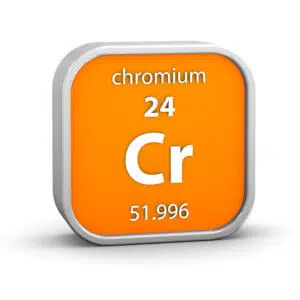
The star of stress…
Stressors, including transport, disease, and novel diets or environments, can induce a chromium deficiency. When an animal becomes stressed, glucose metabolism is increased, which causes mobilisation of and urinary chromium losses (Spears et al., 2012). During stressful events, cortisol is produced, acting antagonistically to insulin and preventing the uptake of glucose into cells such as muscle cells and adipose tissue and sparing it for tissues of high demand (liver and brain). Ghorbani et al. (2012) showed that feeding chromium-L-methionine to Holstein calves during the first eight weeks of life reduced blood cortisol levels significantly. The supplemented calves showed an increase in average daily gain and improved feed-to-gain ratio. This shows the beneficial effect of chromium supplementation during periods of high stress.
Can this information be useful in sheep?
Mousaie et al. (2014) supplemented chromium-L-methionine to sheep that were being transported, and their performance was measured before and after transport. The supplemented animals showed significantly lower blood glucose levels before and after transport stress compared to the non-supplemented groups. Supplemented animals also showed lower blood malondialdehyde (MDA) levels, indicating lower lipid peroxidation levels, and an increased triiodothyronine (T3):thyroxin (T4) ratio. The same authors showed in another study that supplementation of chromium to sheep during stress significantly improved the average daily gain and feed-to-gain ratio of the supplemented animals. In fact, numerous studies have shown that chromium has a far greater effect during stressful periods than during times of low stress. We can, therefore, state that chromium only shows its full potential during quantifiable stressful periods.
Feeding chromium to animals during periods of high stress has been extensively researched in other species and has shown promising positive results to the point where it is now normal to supplement chromium in cattle feedlots. To answer the question in the introduction, should we even consider using chromium supplementation in sheep nutrition? When the animals are stressed, the short and sweet answer is, YES!
References
- Ghorbani, A., Sadri, H., Alizadeh, A.R., Bruchmaier, R.M., 2012. Performance and metabolic responses of Holstein calves to supplemental chromium in colostrum and milk. J. Dairy Sci. 95:5760–5769.
- Mertz, W., 1993. Chromium in human nutrition: a review. J. Nutr. 123(4):626–633.
- Mousaie, A., Valizadeh, R., Ali Naserian, A., Heidarpour, M., Mehrjerdi, H.K., 2014. Impacts of Feeding Selenium-Methionine and Chromium-Methionine on Performance, Serum Components, Antioxidant status, and Physiological Responses to Transport Tress of Baluchi Ewe Lambs. Biol. Trace. Elem. Res. 162:113–123.
- Mowat, D.N., 1997. Supplemental Organic Chromium for Beef and Dairy Cattle.
- Schwarz K. and Mertz, Z. 1959. Chromium (III) and glucose tolerance factor. Arch. Biochem. Biophysics 85:292–295.
- Spears, J.W., Whisnant, C.S., Huntington, G.B., Lloyd, K.E., Fry, R.S., Krafka, K., Lamptey, A., Hyda, J., 2012. Chromium propionate enhances insulin sensitivity in growing cattle. J. Dairy Sci. 95:2037–2045.
Anri Strauss is a scientific adviser in the ruminant team at Chemuniqué, holding a master’s degree in nutrition from the University of Pretoria. She grew up on a farm and still lives in the Free State, where she and her husband also farm with Boer goats.
